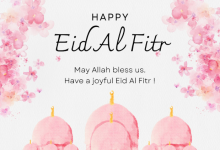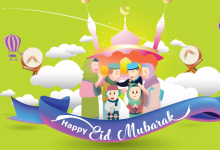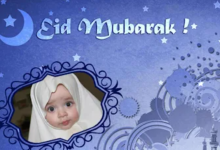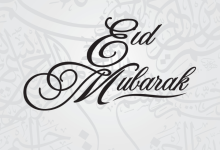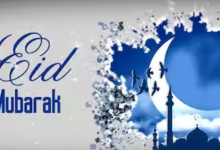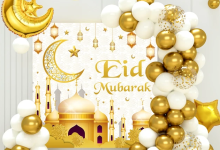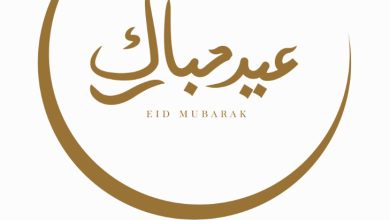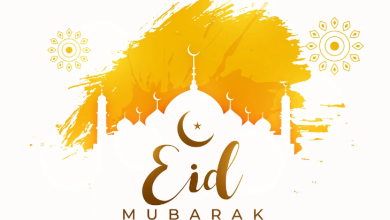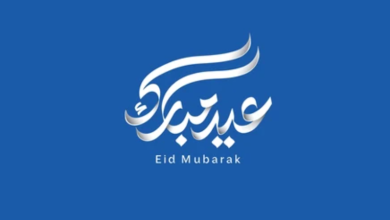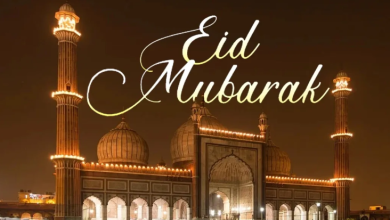Quotes on Eid ul Adha from Quran

Eid ul Adha, or the “Festival of Sacrifice,” is one of the most significant holidays in the Islamic calendar. It’s a time for Muslims around the world to reflect on the values of sacrifice, charity, and community. But have you ever wondered how the teachings from the Quran can deepen your understanding and celebration of this sacred festival? In this blog post, we’ll explore meaningful quotes from the Quran related to Eid ul Adha, offering insights and practical ways to incorporate these teachings into your life.
The Significance of Eid ul Adha in Islamic Culture
Eid ul Adha commemorates the willingness of Prophet Ibrahim (Abraham) to sacrifice his son Ismail (Ishmael) in obedience to God’s command. This profound act of faith and submission is honoured by Muslims worldwide through prayers, feasts, and the ritual sacrifice of an animal, usually a goat, sheep, or cow. The meat from this sacrifice is then distributed among family, friends, and those in need, embodying the spirit of charity and community.
Quranic Verses and Hadiths Related to Eid ul Adha
The Quran and Hadiths (sayings of Prophet Muhammad) offer rich guidance on the principles and practices associated with Eid ul Adha. These sacred texts emphasize the themes of obedience, sacrifice, and generosity, which are central to the festival’s observance. Understanding these Quranic verses and Hadiths can deepen our appreciation and practice of Eid ul Adha.
Meaningful Quotes from the Quran on Eid ul Adha
1. The Story of Sacrifice
“And We ransomed him with a great sacrifice.” (Quran 37:107)
This verse refers to the moment when God replaced Ismail with a ram, sparing his life and accepting Ibrahim’s willingness to make the ultimate sacrifice. This story teaches us about the importance of faith and submission to God’s will. During Eid ul Adha, this verse reminds us that true faith often requires great personal sacrifices.
2. The Act of Giving
“Their meat will not reach Allah, nor will their blood, but what reaches Him is piety from you.” (Quran 22:37)
This verse emphasizes that the physical act of sacrificing an animal is not what pleases God. Instead, it is the intention and purity behind the act that matters. This teaches us to focus on the spiritual aspects of our actions, ensuring that they are done with sincerity and devotion.
3. Community and Charity
“And give the relative his right, and [also] the poor and the traveler, and do not spend wastefully.” (Quran 17:26)
Eid ul Adha is not just about personal sacrifice but also about helping those in need. This verse encourages us to share our blessings with relatives, the poor, and travellers, reinforcing the values of charity and community support. It’s a call to action to ensure that our celebrations extend beyond our immediate family to include those less fortunate.
Personal Reflections on the Importance of These Quotes
Reflecting on these Quranic quotes during Eid ul Adha can deepen our understanding of the festival’s values. The story of Ibrahim and Ismail inspires us to trust in God’s plan and to be willing to make sacrifices for our faith. The emphasis on purity over physical acts reminds us to perform our religious duties with sincerity. Lastly, the call to charity encourages us to think beyond ourselves and to support our community.
Sacrifice and Faith
Ibrahim’s willingness to sacrifice his son exemplifies the ultimate act of faith. This story motivates us to evaluate our own lives and consider what sacrifices we are willing to make in our spiritual journeys. It’s a powerful reminder of the strength of faith and the rewards of obedience to God.
Sincerity in Actions
The verse highlighting piety over physical sacrifice teaches us that our intentions matter. It’s not enough to perform religious rituals; we must do so with a pure heart and sincere intentions. This reflection can guide us in our daily lives, encouraging us to approach all our actions with mindfulness and devotion.
Charity and Community
The emphasis on giving to people experiencing poverty, relatives, and travellers during Eid ul Adha underscores the importance of community and charity. Reflecting on this can inspire us to be more generous and to actively seek out ways to support those in need, not just during the festival but throughout the year.
Practical Advice for Incorporating These Teachings
1. Engage in Acts of Charity
Incorporate the lesson of charity by actively seeking opportunities to help those in need. This could be through donating to local charities, volunteering your time, or simply being there for a neighbour in need. Remember, the spirit of Eid ul Adha is about sharing and caring for others.
2. Reflect on Personal Sacrifices
Take time to reflect on what sacrifices you can make in your own life. This could be giving up a bad habit, dedicating more time to prayer and reflection, or making a financial sacrifice to support a worthy cause. Use the story of Ibrahim as inspiration to strengthen your faith through sacrifice.
3. Perform Actions with Sincerity
Ensure that all your actions, whether they are religious rituals or everyday tasks, are done with sincere intentions. Reflect on your motivations and strive to perform each task with a pure heart. This will bring you closer to God and enhance your spiritual well-being.
Eid ul Adha is a time for deep reflection, faith, and community. By incorporating the teachings from the Quran, we can enhance our celebrations and strengthen our connection to God and each other. Share these insights with your loved ones and encourage them to explore the wisdom of Eid ul Adha. Together, we can build a community grounded in the values of sacrifice, sincerity, and charity.
